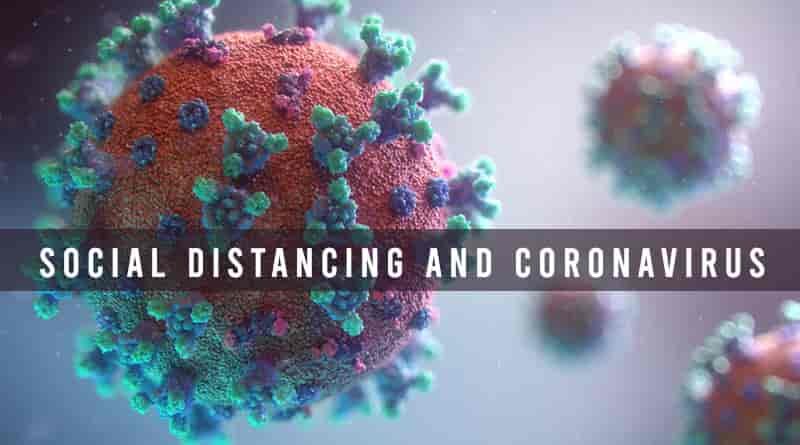Social distancing and coronavirus: how to cope with loneliness
As we all know that the disease COVID-19 also known as coronavirus pandemic is spreading in the world at great speed. It is creating a panic situation in the world and in response to this pandemic the health care professionals are asking people to do something which is very challenging for us, that is, Social Distancing.
We are social being and it is true that it is very difficult for us to engage in social distancing. It is very important to stop this disease and for that only option left with us is social distancing: avoid large gatherings and also close contact with the people. Although it is not easy.
A well-known social scientist Nicholas Christakishad said that seeing our friends, getting together in groups or touching each other are our hard-wired impulses.
Social distance or isolation and quarantine can affect your mental health. But if it can control the virus from spreading then it is not much health care providers are asking for. A person has to be in isolation whether exposed to the virus or not.
And if you are suspected of it, then also you need to quarantine yourself and be in isolation for at least fourteen days, to know whether you are infected or not. For that you should stock up all the necessities in your house and make yourself isolated so that no one else can catch it from you, it is your self-responsibility.
Table of Contents
Difference between social distance, isolation, and quarantine
Social distancing:
It keeping a safe distance of around 6 feet from each other and avoiding social gatherings.
Isolation:
It means separating the one who is having COVID-19(1) or is suspected of it so that others may not get infected.
Quarantine:
It means avoiding contact with others to see whether the person will become ill or not.
Effect of social isolation on mental health
When people are asked to make themselves isolated because of some illness and cut off from their daily routine, their activities and social engagements are affected. And with this their mental health is also affected.
Psychological researches had found that social isolation can give people fear, anxiety, depression, stress, boredom, anger, frustration, and irritability.
People may feel anxious regarding the health of their loved ones, the availability of daily essentials in the house, etc. this may result in a lack of sleep or sleeping difficulties with low mood. It may also create boredom and a feeling of loneliness.
When there is a lack of personal freedom and people have to be at home in isolation and cannot work according to themselves and their needs, there is a feeling of frustration and irritation. This leads to anger.
Coping with social distancing
When a person is in isolation he can feel a lack of control over the things. Psychological researches have given some points regarding coping with social distancing. These points are:
- People should limit the consumption of news and believe on the reliable information which is provided by the government and the health care professionals.
- People should create a routine and follow it.
- This is a world of technology; people can stay connected with each other virtually. There are mobile phones and telephones which help people talk with each other and make video calls easy.
- People should maintain a healthy lifestyle and take a healthy diet.
- People can focus on their hobbies etc which will help them psychologically to cope with social isolation.
Social distancing and isolation are just precautionary measures so that the population which is vulnerable to the infection in our society is safe. During this period people may follow a number of mixed emotions, people should keep on reminding themselves that this period will end soon. It is important to make our community safe by keeping ourselves isolated.




